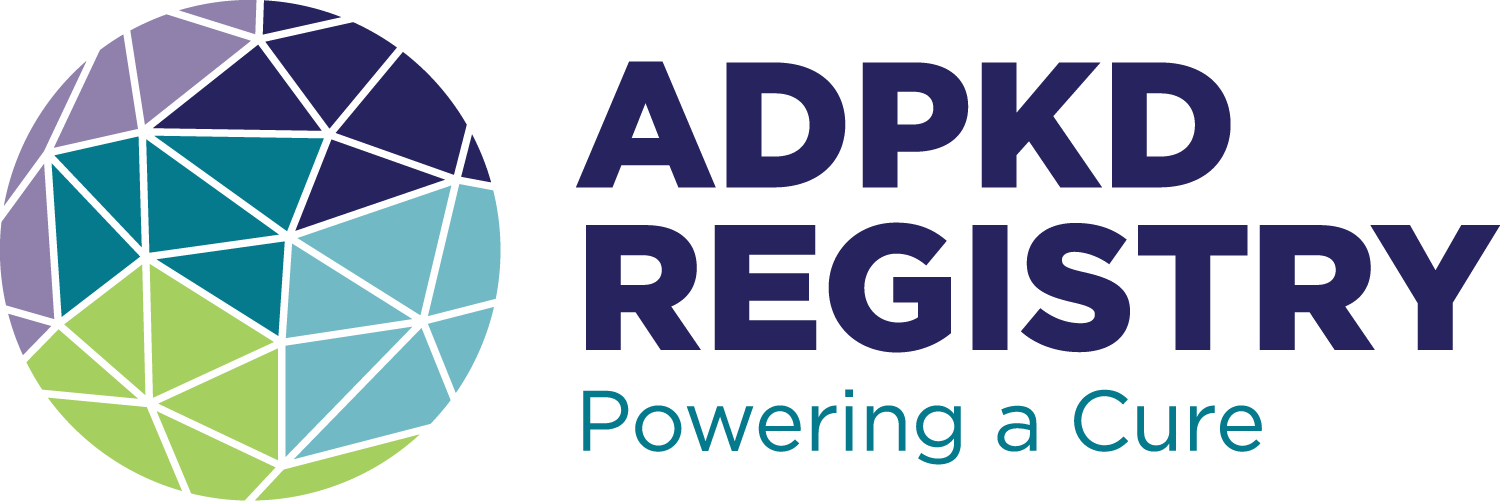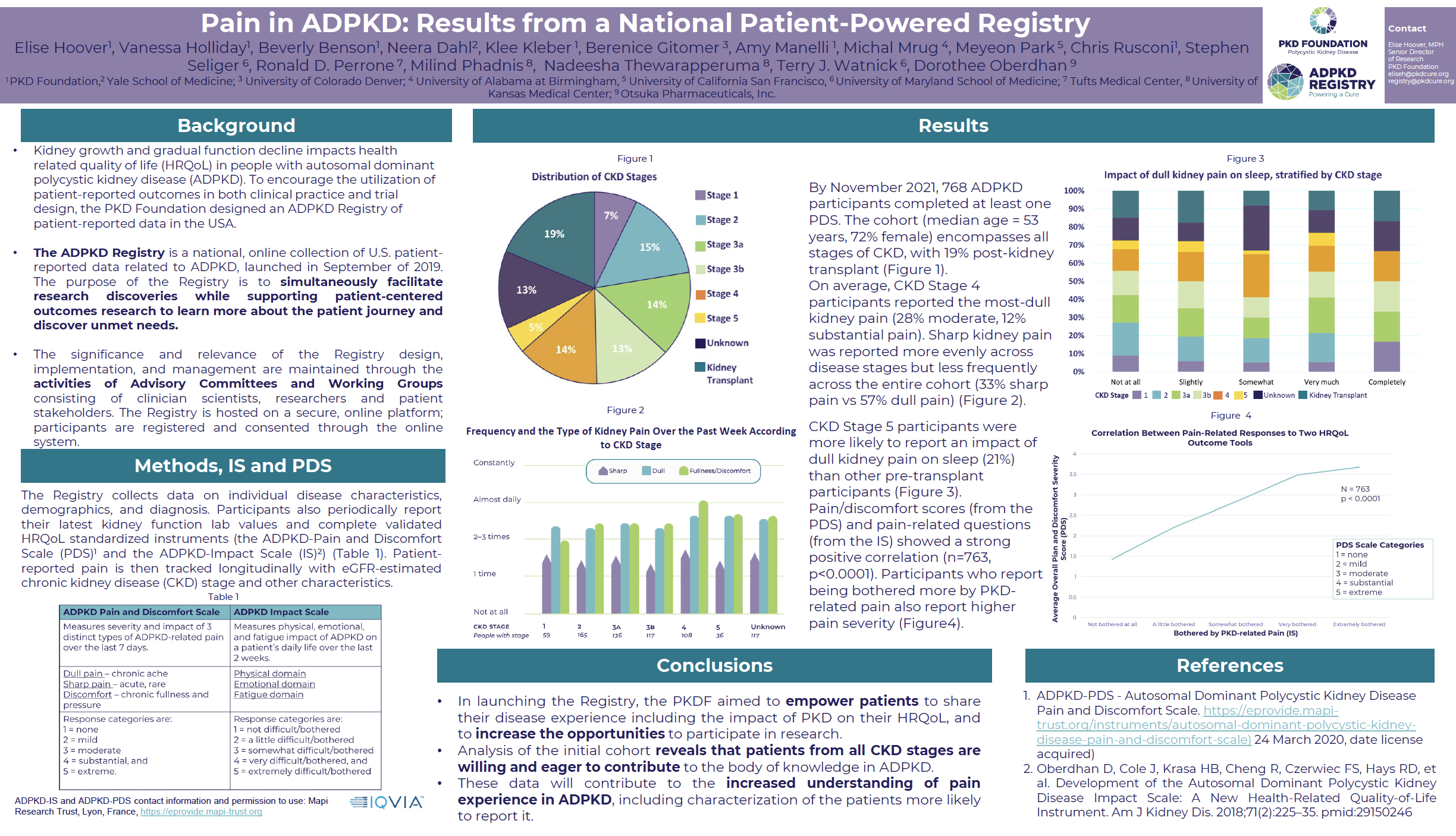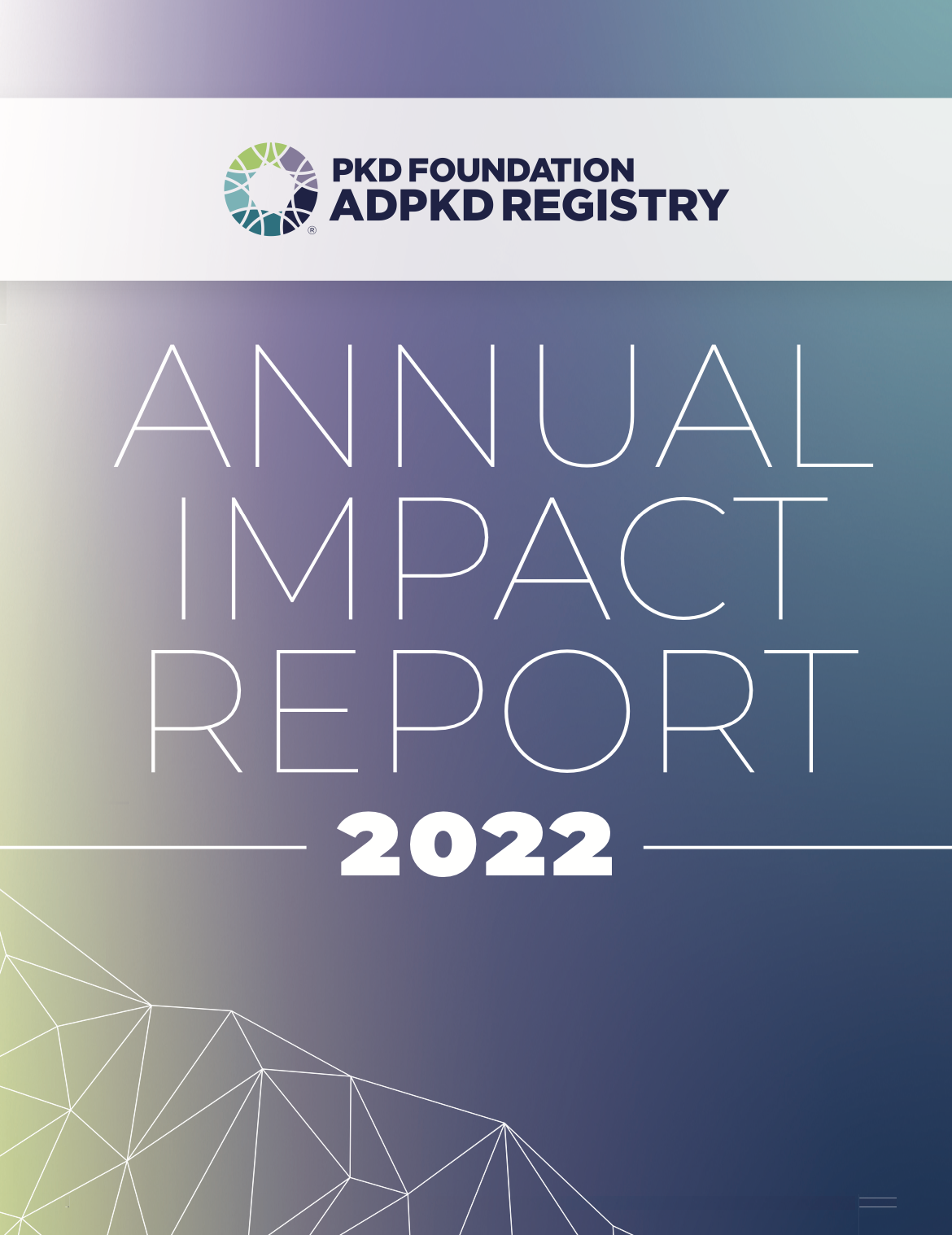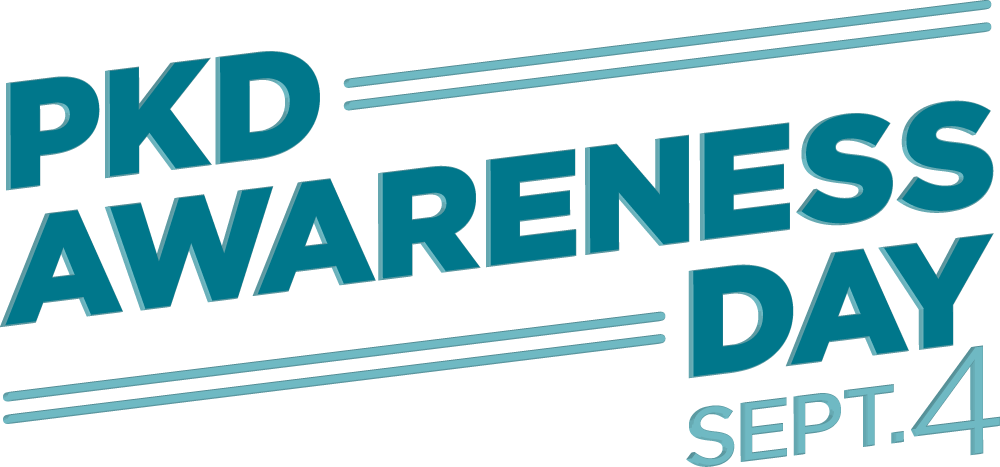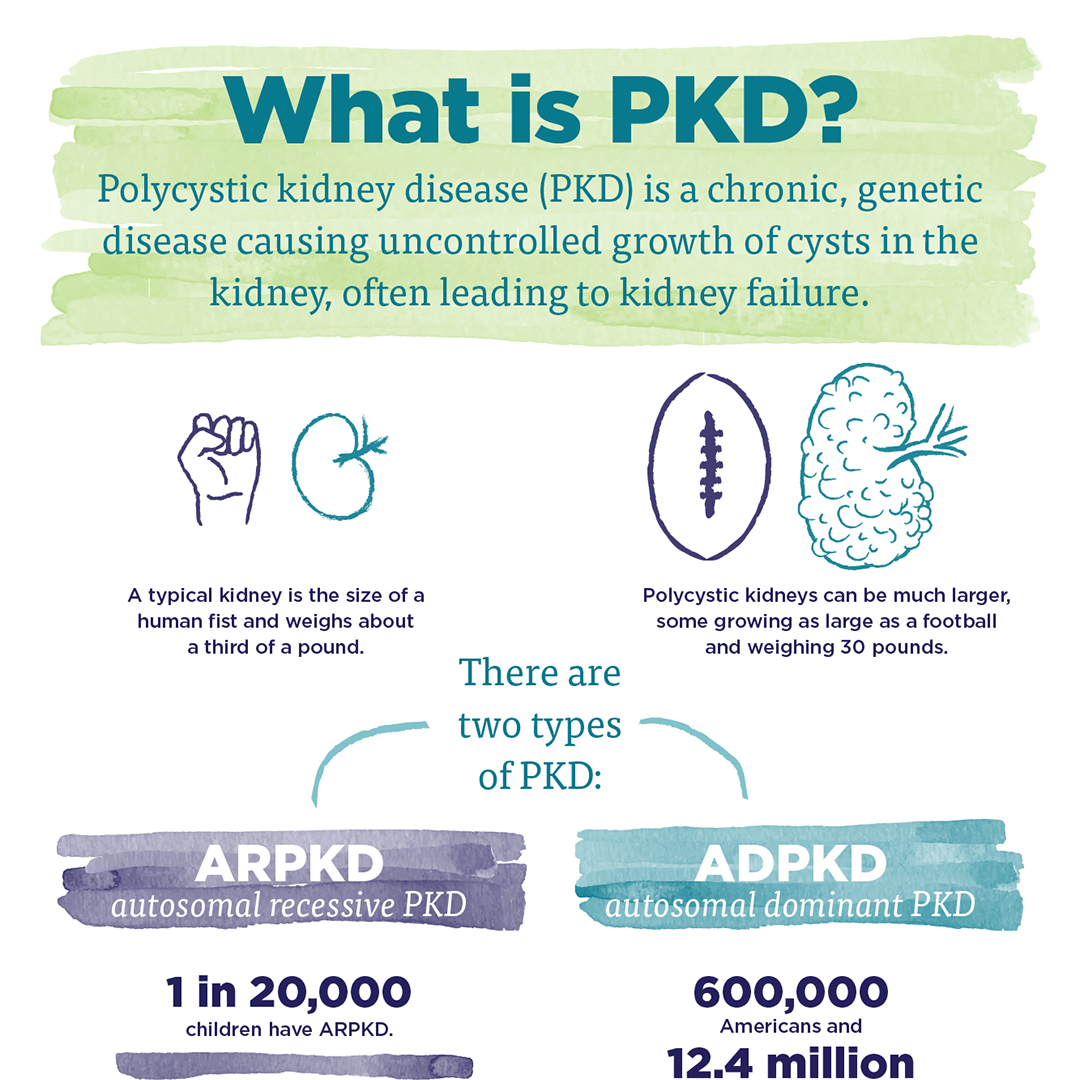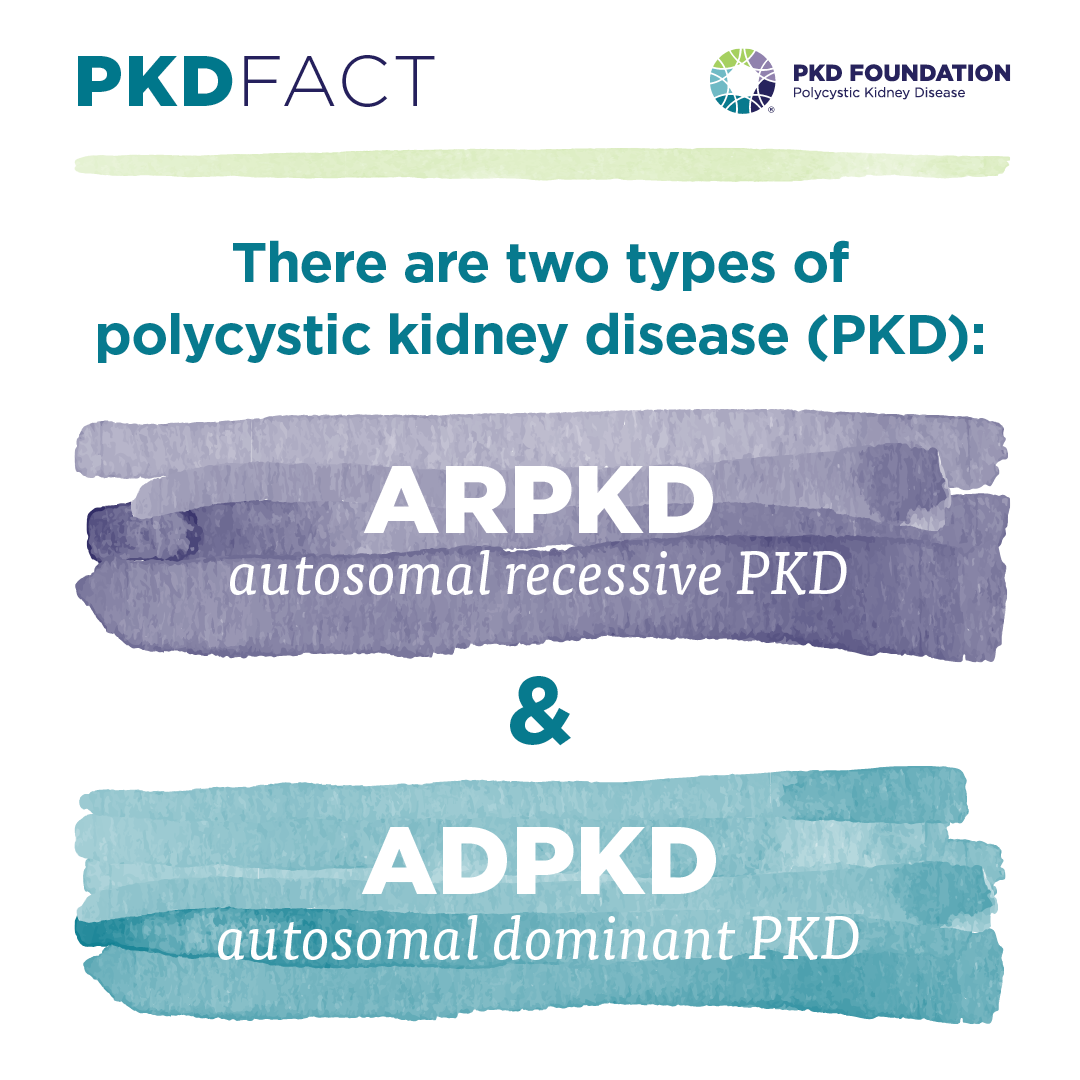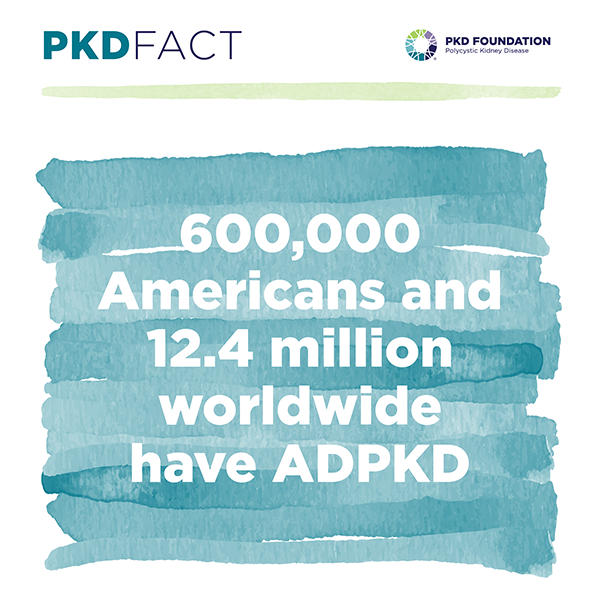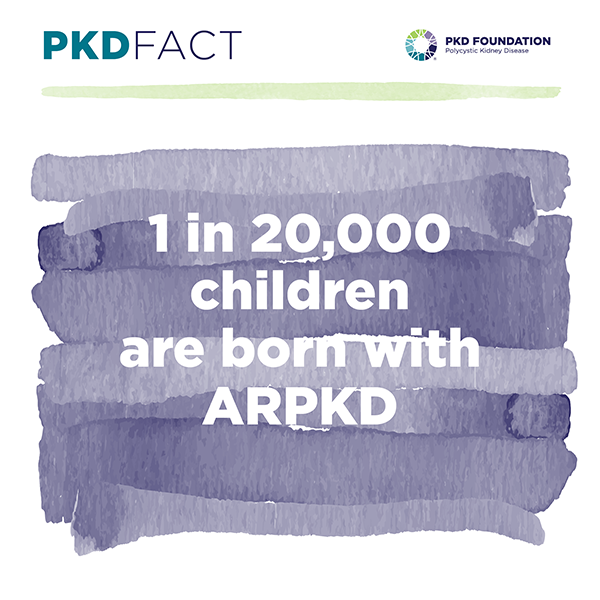What is ADPKD Registry?
The ADPKD Registry is a collection of individuals with autosomal dominant polycystic kidney disease (ADPKD).
Answer survey questions
Answer survey questions about your experience with ADPKD
Keep information current
Update us on your quality of life and PKD symptoms throughout the year
Participate in research
Find out about research studies for which you might qualify
Why should you join?
Collect patient perspectives
PKD patients are experts of their own disease experience. This registry is patient-powered and patient-entered. You will answer questions about your own health and the impact PKD has had on your life. These data help create a key resource for researchers to better develop outcomes that reflect patient perspectives.
Power in numbers
The Registry is the first North American database of patients with ADPKD. With your help, we can collect information in a standardized format that tells us about the patient journey, unmet medical needs, patient preferences, and reveal more about the disease burden on your everyday lives and those of your families.
Advance research
There are estimated to be more than 600,000 Americans with ADPKD, but currently no nationwide resource is available to connect PKD researchers with people interested in participating in research. By joining the ADPKD Patient Registry, you enable us to help identify studies for which you may be eligible and connect you to details on how to participate.
It’s secure and easy to participate
The Registry is hosted on a secure platform that follows comprehensive measures to protect your information. Joining the ADPKD Patient Registry involves three steps:
- Create an online account
- Agree to an informed consent
- Complete the core questionnaire
This can all be done online and from the comfort of your own home on your computer, tablet or mobile phone.
What should I expect once I log in?
When you log-in, modules will be featured on your home page to ask about your experiences with PKD. To ensure your privacy, your name will be separated from your answers before they are shared with researchers.

Core questionnaire
This module asks about your personal medical history and will take about 10–15 minutes to complete. Please make sure you know your:
- Most recent kidney function lab values (creatinine and eGFR).
- Year of diagnosis
- Name of your physician and medical center
- Month and year you began medication for high blood pressure (if applicable)
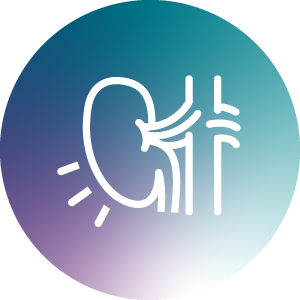
Pain and Discomfort Scale
If you are a transplant patient and have had your PKD kidneys removed, this survey may not apply to you.
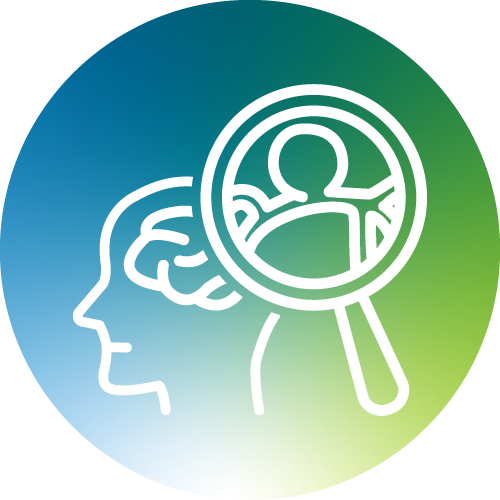
Vascular Outcomes
- How your aneurysm was diagnosed or screened for (if applicable)
- The size of your aneurysm, and treatment methods (if applicable)
- Your family history of aneurysms
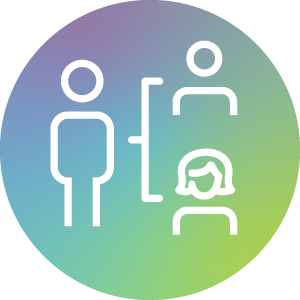
Family history
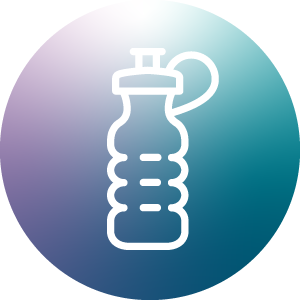
Diet and lifestyle
- Any dietary supplements you take (ex: fish oil, folic acid)
- Alcohol and caffeine consumption (coffee, tea and soda)
- How much water you drink on an average day
- Exercise habits
- Food you exclude from your diet (ex: meat, eggs, salt)
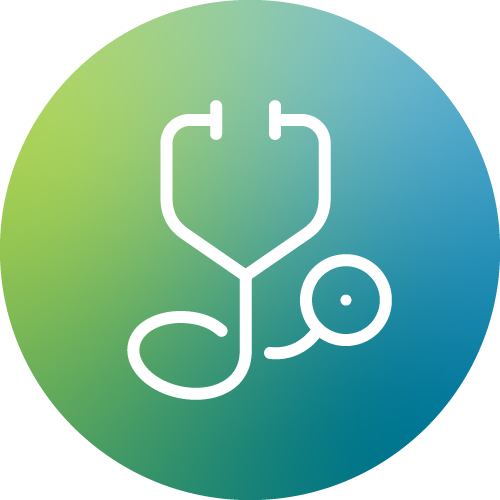
Health care access and utilization
- The clinicians who manage your disease
- The challenges you may have faced affording and accessing:
—Medications
—Procedures
—Dialysis and transplant services
—Other medical costs
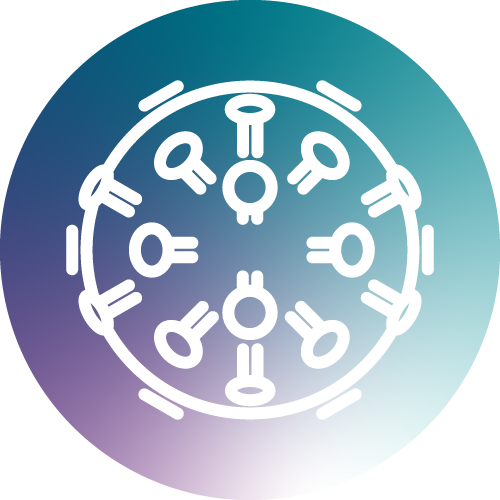
COVID-19 Impact

Impact scale
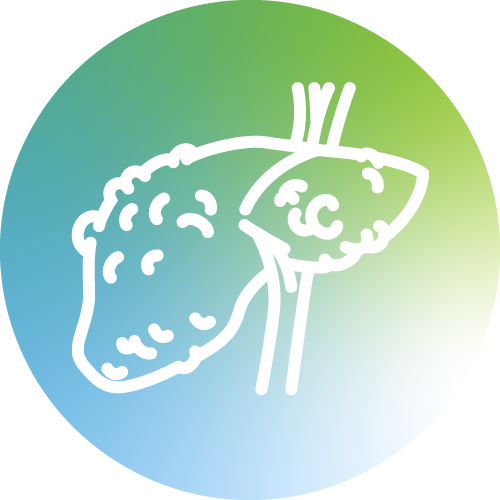
Experience with liver cysts
- How your liver cysts were discovered
- Issues you believe to be due to liver cysts
- Medication you’re taking for your liver cysts
Research findings
PKDF presented a poster at the American Society of Nephrology’s 2020 Kidney Week, along with members of the Patient Registry Advisory Committee.
FAQs
What is this registry about?
The purpose of the ADPKD Registry is to create a patient network of individuals with autosomal dominant polycystic kidney disease (ADPKD). You are asked to answer surveys online that can inform new research to improve ADPKD patient outcomes and quality of life, learn more about the patient journey, and discover unmet medical needs. ADPKD Registry keeps information in one place making it easier for researchers to utilize Registry information while protecting the privacy of those who take part.
Am I eligible to enroll?
If you do not have an official diagnosis, but have a family history and suspect that you have PKD, you are welcome to join and will need to agree to notify Registry staff of your diagnosis if/when it becomes available.
If you, or someone you know, has autosomal recessive polycystic kidney disease (ARPKD), our collaborators at the University of Alabama at Birmingham and Children’s National Medical Center have created a database with specific emphasis on ARPKD. If you have questions or would like to enroll yourself or your child (alive or deceased) as a part of the ARPKD Database, please contact:
- Principal Investigator: Lisa Guay-Woodford, MD at 202.476.6439, or
- Research Coordinator: Jasmine Jaber at 202.476.2838, jjaber@childrensnational.org, or
- Research Coordinator: Elena Gibson at 202.476.2197, egibson@childrensnational.org
Should I join if I am post-transplant?
Who is paying for this Registry?
How long will I be in the Registry?
What types of data are collected in the ADPKD Patient Registry?
- Socio-demographics
- Medical and diagnosis
- Treatment and PKD progression
- Management of PKD-related symptoms
- Quality of life
How is the data collected?
You can choose to answer all, any, or none of the survey questions. Whatever data you provide helps to create a more detailed picture of the PKD disease experience.
Do I need to come in for study visits?
Do I have to be in this Registry?
Is my information secure?
How will I learn about clinical studies?
The ADPKD Patient Registry will also share data with researchers to speed the development of new discoveries and therapies. The information you provide will become de-identified information, and only de-identified information will be shared with researchers. Your data also helps drug developers know the size of the ADPKD population available for trials and helps identify new trial sites, increasing our community’s access to trials and potential therapies.
Who will be able to see my answers to the survey questions?
What if I’m already enrolled in a local registry or clinical study?
The ADPKD Registry may explore and pursue opportunities to coordinate efforts with other studies and databases. If that happens, you will be asked to provide specific permission to do so.
How do I sign up?
What is ADPKD Registry?
The ADPKD Registry is a collection of individuals with autosomal dominant polycystic kidney disease (ADPKD).
Answer survey questions
Answer survey questions about your experience with ADPKD
Keep information current
Update us on your quality of life and PKD symptoms throughout the year
Participate in research
Find out about research studies for which you might qualify
Why should you join?
Collect patient perspectives
PKD patients are experts of their own disease experience. This registry is patient-powered and patient-entered. You will answer questions about your own health and the impact PKD has had on your life. These data help create a key resource for researchers to better develop outcomes that reflect patient perspectives.
Power in numbers
The Registry is the first North American database of patients with ADPKD. With your help, we can collect information in a standardized format that tells us about the patient journey, unmet medical needs, patient preferences, and reveal more about the disease burden on your everyday lives and those of your families.
Advance research
There are estimated to be more than 600,000 Americans with ADPKD, but currently no nationwide resource is available to connect PKD researchers with people interested in participating in research. By joining the ADPKD Patient Registry, you enable us to help identify studies for which you may be eligible and connect you to details on how to participate.
It’s secure and easy to participate
The Registry is hosted on a secure platform that follows comprehensive measures to protect your information. Joining the ADPKD Patient Registry involves three steps:
- Create an online account
- Agree to an informed consent
- Complete the core questionnaire
This can all be done online and from the comfort of your own home on your computer, tablet or mobile phone.
What should I expect once I log in?
When you log-in, modules will be featured on your home page to ask about your experiences with PKD. To ensure your privacy, your name will be separated from your answers before they are shared with researchers.

Core questionnaire
This module asks about your personal medical history and will take about 10–15 minutes to complete. Please make sure you know your:
- Most recent kidney function lab values (creatinine and eGFR).
- Year of diagnosis
- Name of your physician and medical center
- Month and year you began medication for high blood pressure (if applicable)

Pain and Discomfort Scale
If you are a transplant patient and have had your PKD kidneys removed, this survey may not apply to you.

Vascular Outcomes
- How your aneurysm was diagnosed or screened for (if applicable)
- The size of your aneurysm, and treatment methods (if applicable)
- Your family history of aneurysms

Family history

Diet and lifestyle
- Any dietary supplements you take (ex: fish oil, folic acid)
- Alcohol and caffeine consumption (coffee, tea and soda)
- How much water you drink on an average day
- Exercise habits
- Food you exclude from your diet (ex: meat, eggs, salt)

Health care access and utilization
- The clinicians who manage your disease
- The challenges you may have faced affording and accessing:
—Medications
—Procedures
—Dialysis and transplant services
—Other medical costs

COVID-19 Impact

Impact scale

Experience with liver cysts
- How your liver cysts were discovered
- Issues you believe to be due to liver cysts
- Medication you’re taking for your liver cysts
Research findings
PKDF presented a poster at the American Society of Nephrology’s 2020 Kidney Week, along with members of the Patient Registry Advisory Committee.
FAQs
What is this registry about?
The purpose of the ADPKD Registry is to create a patient network of individuals with autosomal dominant polycystic kidney disease (ADPKD). You are asked to answer surveys online that can inform new research to improve ADPKD patient outcomes and quality of life, learn more about the patient journey, and discover unmet medical needs. ADPKD Registry keeps information in one place making it easier for researchers to utilize Registry information while protecting the privacy of those who take part.
Am I eligible to enroll?
If you do not have an official diagnosis, but have a family history and suspect that you have PKD, you are welcome to join and will need to agree to notify Registry staff of your diagnosis if/when it becomes available.
If you, or someone you know, has autosomal recessive polycystic kidney disease (ARPKD), our collaborators at the University of Alabama at Birmingham and Children’s National Medical Center have created a database with specific emphasis on ARPKD. If you have questions or would like to enroll yourself or your child (alive or deceased) as a part of the ARPKD Database, please contact:
- Principal Investigator: Lisa Guay-Woodford, MD at 202.476.6439, or
- Research Coordinator: Jasmine Jaber at 202.476.2838, jjaber@childrensnational.org, or
- Research Coordinator: Elena Gibson at 202.476.2197, egibson@childrensnational.org
Should I join if I am post-transplant?
Who is paying for this Registry?
How long will I be in the Registry?
What types of data are collected in the ADPKD Patient Registry?
- Socio-demographics
- Medical and diagnosis
- Treatment and PKD progression
- Management of PKD-related symptoms
- Quality of life
How is the data collected?
You can choose to answer all, any, or none of the survey questions. Whatever data you provide helps to create a more detailed picture of the PKD disease experience.
Do I need to come in for study visits?
Do I have to be in this Registry?
Is my information secure?
How will I learn about clinical studies?
The ADPKD Patient Registry will also share data with researchers to speed the development of new discoveries and therapies. The information you provide will become de-identified information, and only de-identified information will be shared with researchers. Your data also helps drug developers know the size of the ADPKD population available for trials and helps identify new trial sites, increasing our community’s access to trials and potential therapies.
Who will be able to see my answers to the survey questions?
What if I’m already enrolled in a local registry or clinical study?
The ADPKD Registry may explore and pursue opportunities to coordinate efforts with other studies and databases. If that happens, you will be asked to provide specific permission to do so.
How do I sign up?
RAISE YOUR VOICE WITH US ON SEPT. 4
Day(s)
:
Hour(s)
:
Minute(s)
:
Second(s)
What is PKD Awareness Day?
Sept. 4 is PKD Awareness Day, a day to educate and inspire. There are many ways to show support — wear teal, spread the word, donate, volunteer, advocate.
Polycystic kidney disease (PKD) is a chronic, genetic disease causing uncontrolled growth of fluid-filled cysts in the kidneys, often leading to kidney failure. With 600,000 Americans and millions worldwide living with PKD today, chances are high that you know someone with the disease.
Why raise PKD awareness?
The more people who know about PKD, the more people will want to get involved. And that means more resources we can dedicate to finding treatments and a cure. PKD Awareness Day is our opportunity to step up our efforts. It gives us a platform to share stories and encourage others to learn more. Let’s come together as a united front to spread the word wider than we ever have before.
Awareness Checklist
Update your social media profiles and post about why we need to build awareness and support. We’ve gathered the following resources for you to share on social media to help you get started:
- Social profile pictures
- Social graphics
- Infographic
- Videos
What the PKD community wants you to know about polycystic kidney disease:
GO TEAL FOR PKD
Teal is the official color of polycystic kidney disease. Go teal this PKD Awareness Day and raise some noise on social media!
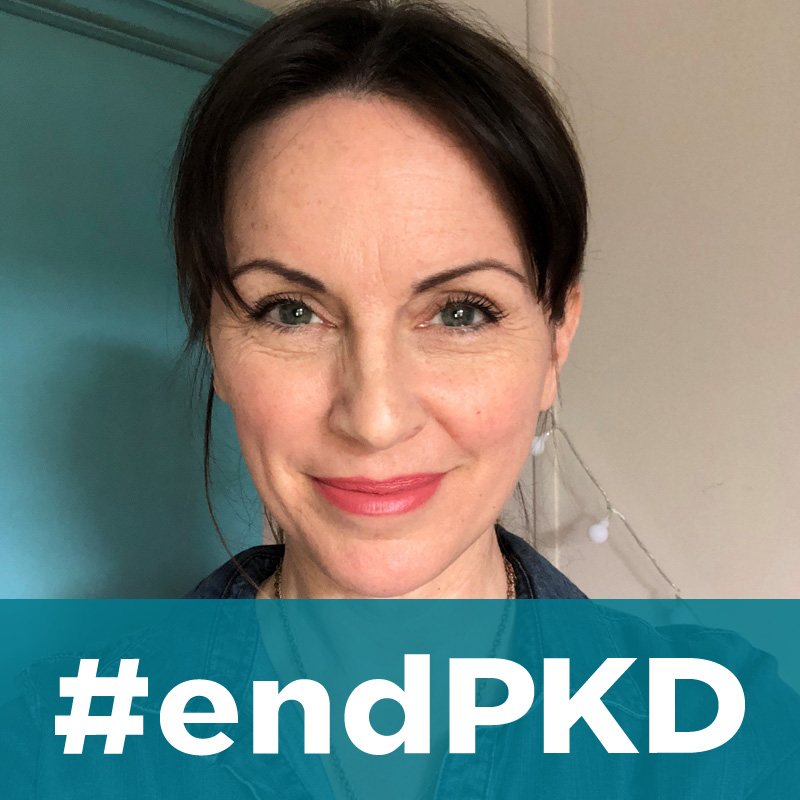
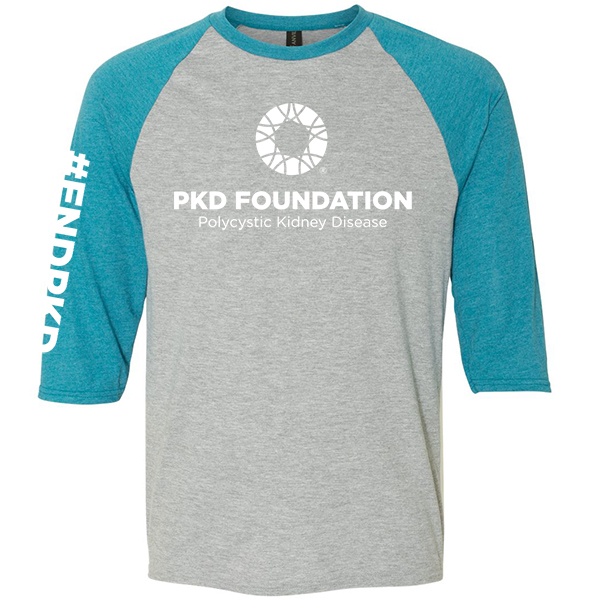

SHARE THE FACTS
Awareness starts with education – help us educate more people nationwide about PKD! When you share these videos and graphics with your friends, you can spread the word about how PKD impacts the lives of patients, families and caregivers.
VOICES OF PKD
TAKE ACTION
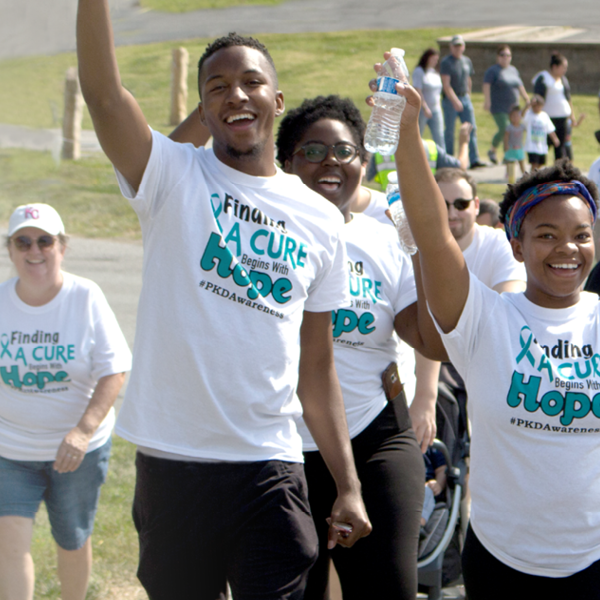
Walk with us
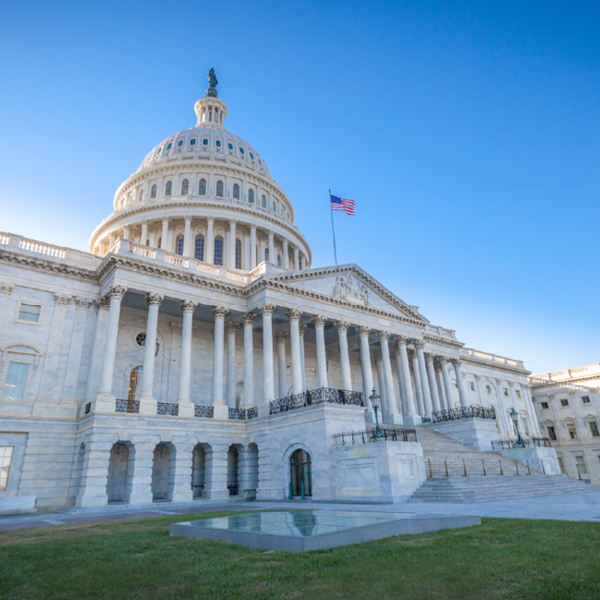
Raise the stakes nationwide

Get involved
You can make a difference! When you give to the PKD Foundation, you further our mission to give hope by helping us fund research, advocate for patients and build a community for all impacted by polycystic kidney disease (PKD).

